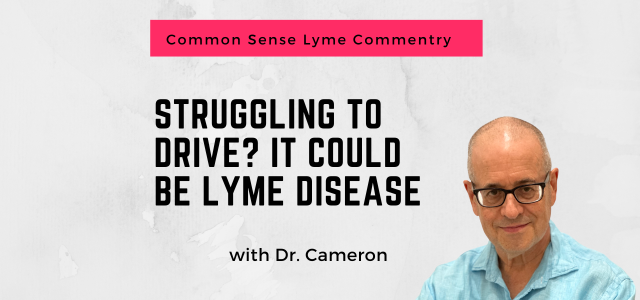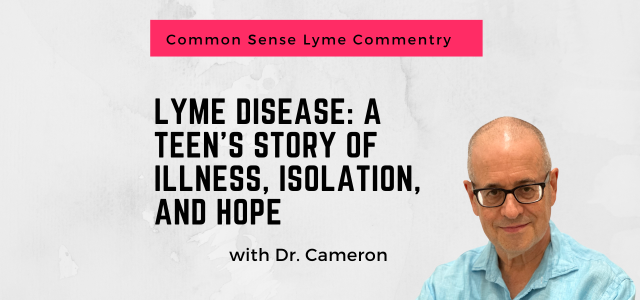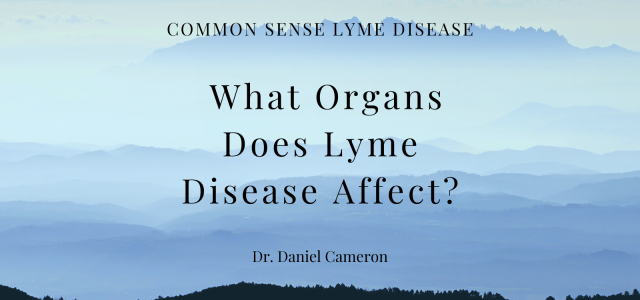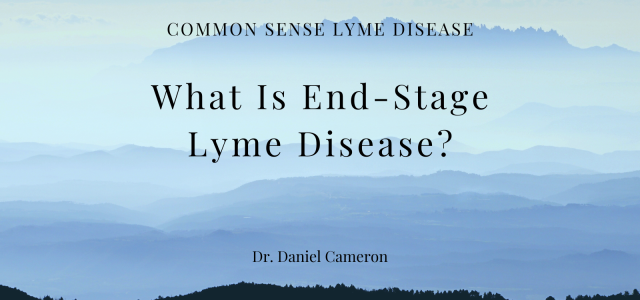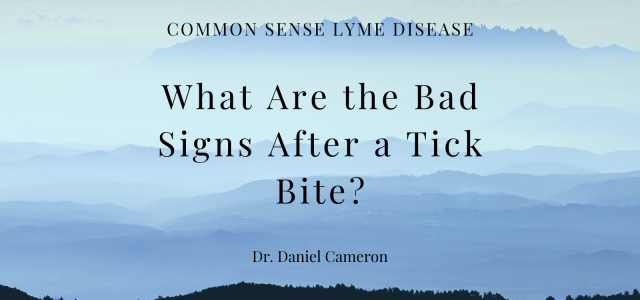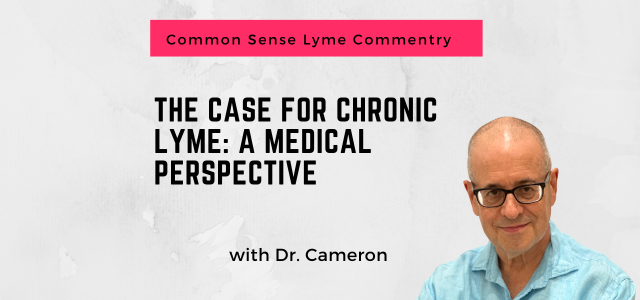Lyme Science Blog
Dr. Daniel Cameron, MD, MPH, is a nationally recognized leader for his expertise in the diagnosis and treatment of Lyme disease and other tick-borne illnesses. His weekly Lyme Disease Science blog features articles covering the latest research, insights and case reviews.
AI, Lyme Science Blog
Lyme Disease Research Is Moving Too Slowly
Lyme Disease Underfunded: Why Research Is Still Too Slow Lyme disease is underfunded—and patients are paying the price. Every day,
AI, Lyme Science Blog
Problems With Driving in Lyme Disease
When Driving Becomes Difficult At first, the change was subtle. The road felt unfamiliar, even though nothing had changed. He
Favorite Blogs, Lyme Science Blog
Lyme Disease: One Teen’s Story of Struggle and Strength
A Patient’s Story Worth Sharing Today, I want to share a story that has stayed with me—a story about one
Lyme Science Blog
What Organs Does Lyme Disease Affect?
Lyme disease doesn’t stay in one place—it can spread throughout the body, affecting multiple organ systems, including the skin, joints,
AI, Lyme Science Blog
What People Mean by “End-Stage” Lyme Disease
Patients sometimes come to my office using the phrase “end-stage Lyme disease.” It is a powerful term, and it reflects
AI, Lyme Science Blog
Bad Signs After Tick Bite: 7 Warnings You Shouldn’t Ignore
Bad Signs After a Tick Bite: 7 Warnings You Shouldn’t Ignore Based on clinical experience caring for patients with tick-borne
Lyme Science Blog
The Case for Chronic Lyme: A Medical Perspective
The Chronic Lyme Disease Controversy I’ve been treating chronic Lyme disease for 37 years. In that time, I’ve witnessed firsthand
AI, Lyme Science Blog
When Fear Delays Pediatric Lyme Treatment: A Year Lost to Lyme Disease
When this family brought their son to me, they were facing a decision many parents encounter when delaying pediatric Lyme
Lyme Science Blog
Lyme disease causes bilateral facial palsy
Bilateral facial palsy (paralysis or weakness on both sides of the face) is extremely rare and can be caused by


